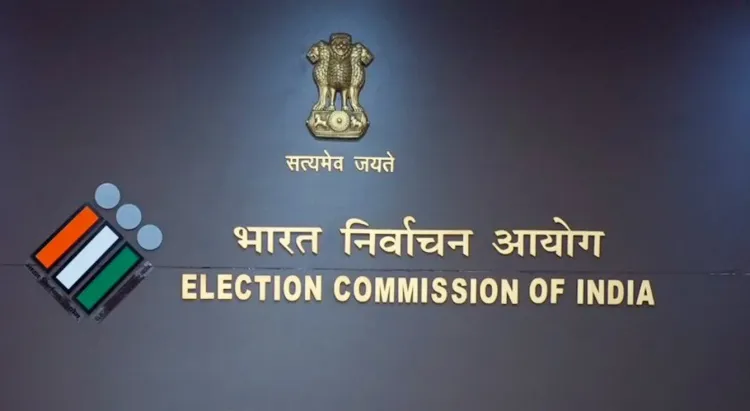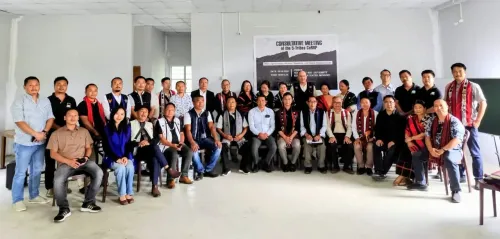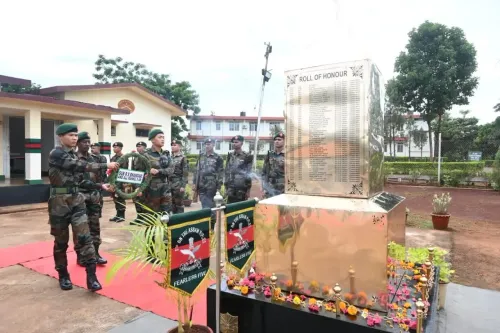Is the SIR Causing Turmoil in Bihar's Electoral Process?

Synopsis
Key Takeaways
- The SIR process is under scrutiny by opposition parties.
- Supreme Court involvement highlights concerns about voter disenfranchisement.
- Historical challenges in electoral processes are echoed in current controversies.
- Guidelines for citizenship verification are crucial to protect voter rights.
- Trust between the ECI and political parties is essential for a fair electoral process.
New Delhi, Sep 4 (NationPress) The Election Commission of India (ECI) has faced significant criticism from opposition parties since it commenced the Special Intensive Revision (SIR) of the electoral rolls in Bihar.
In previous instances, the election body and the ruling party have been accused of collusion, with allegations ranging from conspiracy claims to the misuse of Electronic Voting Machines (EVMs) to benefit the ruling party. However, this time marks one of the most intense confrontations observed.
During initial hearings, the Supreme Court refrained from halting the SIR but advised the ECI to consider a wider variety of identity proofs to mitigate fears of disenfranchisement.
The Apex Court identified a trust deficit between the ECI and political parties regarding the stringent deadlines and documentation requirements of the SIR. The Supreme Court also pointed out that political parties have not aided voters who have been excluded from the draft electoral rolls.
The current hearings are ongoing.
A similar theme is echoed in a book examining India's electoral processes.
‘The Power of the Ballot: Travail and Triumph in the Elections’ highlights an incident involving allegations of foreign names on the electoral rolls. Authors Anil Maheshwari and Vipul Maheshwari state that district collectors were tasked with verifying if individuals were foreigners.
On September 9, 1994, the ECI instructed electoral registration officers to identify and remove foreign nationals from the electoral rolls.
In a related controversy, a comprehensive verification was conducted in 39 polling station areas of Greater Bombay, where approximately 1.67 lakh individuals were summoned by the police to provide documentation proving their Indian citizenship. The High Court upheld these actions.
Nevertheless, the Supreme Court later determined that many individuals had their names removed without a fair opportunity to present their cases or being informed about the evidence leading to their deletions, as stated by the authors.
The Court noted that the timeframe allotted for individuals to prove their citizenship was insufficient and that the types of documents accepted as evidence were severely limited. Those summoned often belonged to uneducated and impoverished backgrounds.
Taking into account guidelines from electoral registration officers, the Supreme Court issued its own directives regarding the enrollment and deletion of names of individuals suspected of being foreign nationals.
Ultimately, the chapter on electoral rolls concludes that all proceedings initiated against suspected foreign nationals were annulled, with instructions for new proceedings to be conducted following the established guidelines.
The directive from the ECI that rendered certain documents inadmissible as evidence for citizenship verification was also overturned, as detailed in the book.
jb/dan









